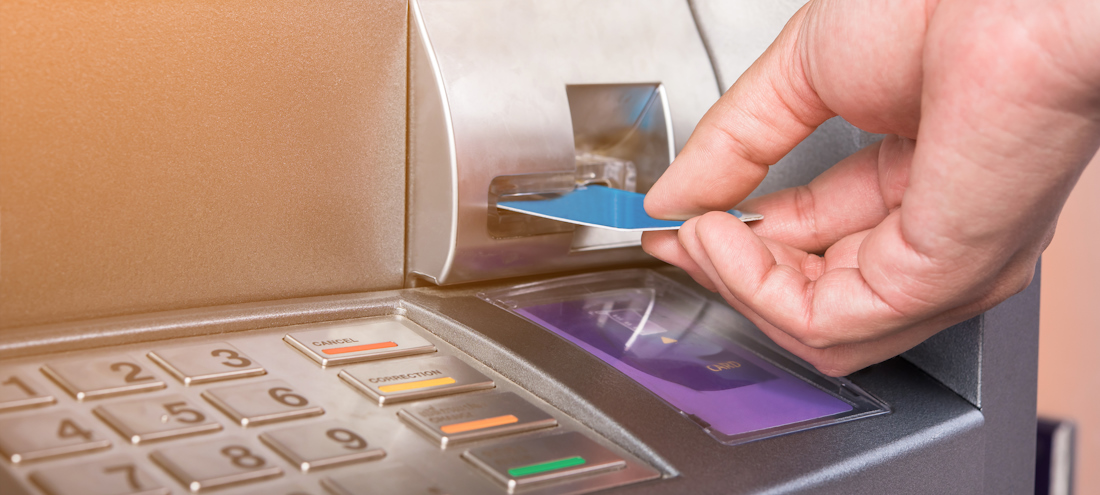- Download our Moving to the UK Guide (PDF)
Opening a bank account will be a priority for those moving to the United Kingdom. Although this process is reasonably straightforward, you will need proof of income and employment. In some cases, you will also need to provide evidence of a local address.
Online banking is a standard feature offered by all banks in the United Kingdom and makes managing everyday finances simple.
Money in the United Kingdom
The official currency in the United Kingdom is the British Pound (£). One pound (GBP) is divided into 100p (pence).
- Notes: GBP 5, 10, 20 and 50
- Coins: GBP 1 and 2, and 1p, 2p, 5p, 10p, 20p and 50p
Banking in the United Kingdom

Opening a bank account in the UK can be a frustrating process, and with so many options, choosing the best institution can often be the most complicated part.
To open a bank account in the UK, most banks require proof of income and employment, evidence of a local address, and a passport. Some banks allow expats to open a bank account before they arrive in the UK.
It can be helpful to have a letter of introduction from a bank in your home country testifying to your financial track record. A series of recent bank account statements is also helpful. Banks vary in the strictness of their requirements, so shop around.
The major banks are HSBC, Royal Bank of Scotland, Lloyds Banking Group, Barclays and Santander UK.
ATMs and credit cards
ATMs are abundant in all major towns and cities in the UK and are operational 24/7. If you have a UK bank account, you can use the ATM of any other UK bank without incurring any additional charges. That said, if you're using foreign-issued bank cards in the UK, you will likely incur bank charges for each transaction at an ATM.
More and more people in the UK avoid carrying large sums of cash, and retailers accept major debit and credit cards for even the smallest payment.
Taxes in the United Kingdom
If you're an expat who has lived in the UK for over 183 days across the tax year, you must pay tax on your UK and overseas-generated income, subject to any double taxation agreements.
The UK has a personal tax allowance of GBP 12,570 (2024/2025). Any earnings above this are taxed. The tax rate is 20 percent up to an annual salary of GBP 50,000, then 40 percent up to GBP 150,000, and 45 percent above this. Slightly different rates apply to Scotland.
In addition to income tax, employees are required to pay a National Insurance contribution of 12 percent if earning between GBP 792 to GBP 4,167 a month or 2 percent if earning more than GBP 4,167 a month.
Tax regulations can be complicated, and they often change. To find out the latest information, expats are advised to consult a tax expert, preferably one who specialises in expat taxes.
